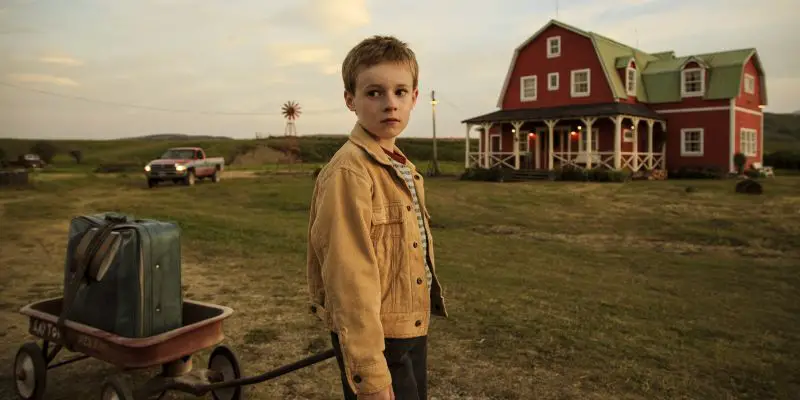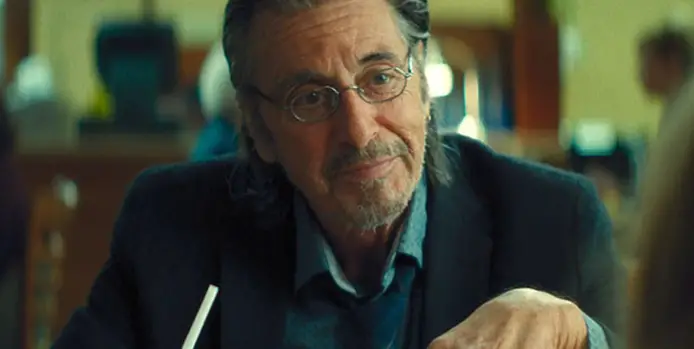drama

Most of us are familiar with the story of Macbeth by William Shakespeare, a story so prevalent that people will not utter the name of ‘the Scottish play’ whilst in the theatre, as by ancient tradition it is said to be cursed. For those of you who are not familiar with the story, it is a tale of one man’s hunger for power in a tyrannical society, and how he is pushed further and further down a descending path of hopelessness and insanity by his wife, a group of witches, and his own consciousness. There have been many recreations of the play on stage and on screen, and this 2015 cinematic depiction of Shakespeare’s Macbeth, directed by Justin Kurzel and starring Michael Fassbender and Marion Contillard, is on a platform so high that the other depictions are unable to reach it.
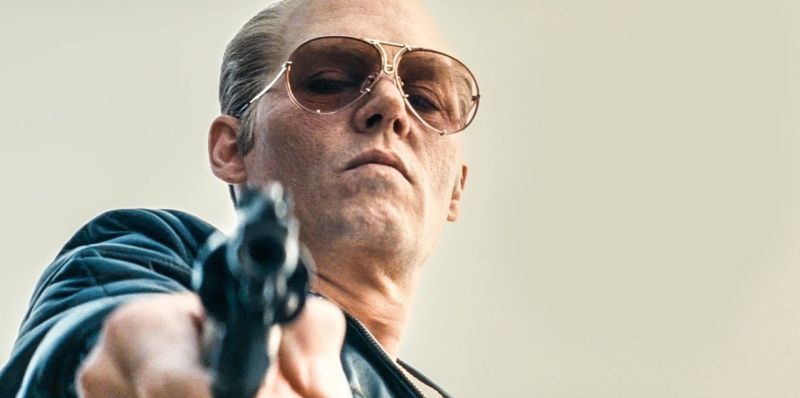
There is a right way and a wrong way to tell a gangster story. Some of the very best have utilized inventive camera techniques, are fueled by impressive acting talent, and are backed by an engaging, well-written screenplay. Black Mass attempts to be something great; yet, when thinking back to it, it’s likely only the acting that will be remembered.

Low budget productions always have to come to terms to the fact they are not going to be able to offer proper cinematic spectacle on a minuscule budget. A Dozen Summers instead opts to be as deliberately amateurish as possible, giving it the distinctive feeling of a movie that the twelve year old protagonists would not only wish to make, but would be capable of making. It feels aimless, rambling at even a brief 82 minutes (eight of which are dedicated to elongated end credits), but proves near impossible to dislike despite all of its clear faults.
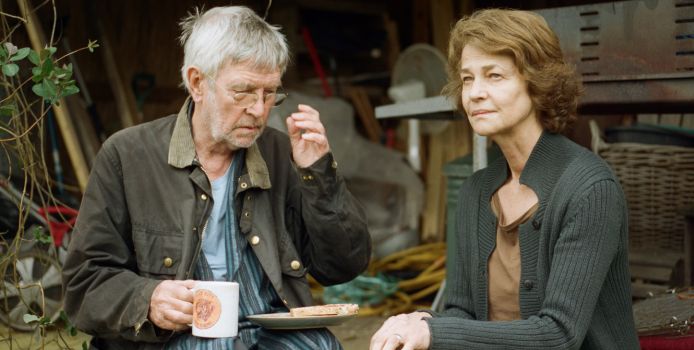
45 Years is unquestionably well-written and well-acted, to such a high degree that is literally impossible to argue otherwise. To say that Charlotte Rampling and Tom Courtenay give two of the most emotionally effective performances of their long and illustrious careers is equivalent to saying that the sky is blue and the world is round; it is so plainly obvious, arguing in its favour seems like a waste of time, as the greatness is clearly there for all to see. Emotionally engaging from the opening minutes On paper, the film feels like the opposite of director Andrew Haigh’s previous film Weekend; that film was about two men who meet and fall in love over the course of (you guessed it) a weekend, after a one night stand turns into something deeper.
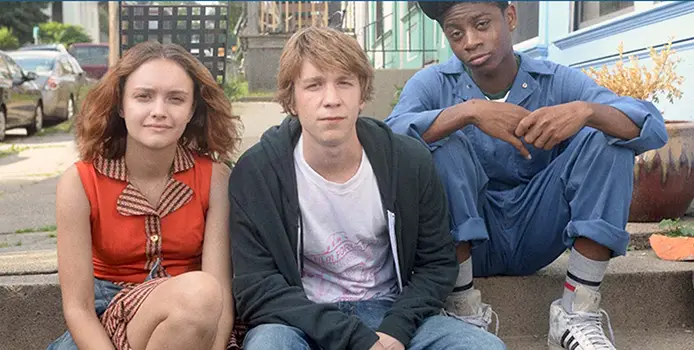
Although not without empathy, it is hard to argue against the statement that teenagers are some of the most self-centred people alive. I know this from being a particularly self-centred teenager, who at thirteen regularly made statements of self-loathing in order to gouge sympathy and attention from my peers. It was an attention seeking phase that I mercifully grew out of very quickly, but I can at least be forgiven for it for being young and stupid.
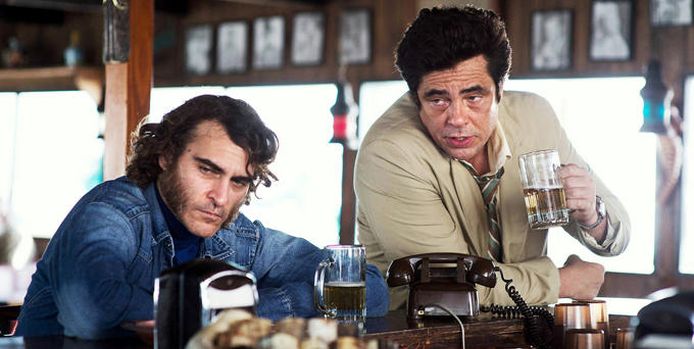
If it were not for Paul Thomas Anderson, there is a (very) good chance I wouldn’t be interested in writing about movies. It is because of his films that I take time to write for this humble little website. When I was a high school senior in 2009, my interest in movies inflated dramatically, and I watched a movie just about every night.
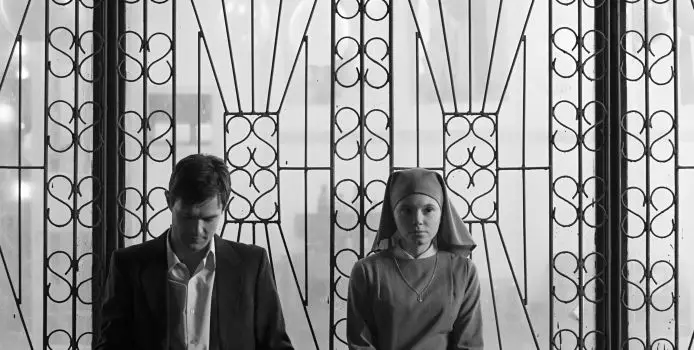
The film Ida by Pawel Pawlikowski is admired by critics and viewers around the world. The movie won awards at important international festivals and it was nominated for an Academy Award in the category for Best Foreign Language Film. A glimmer of hope woke in the Poles after winning a golden statue:
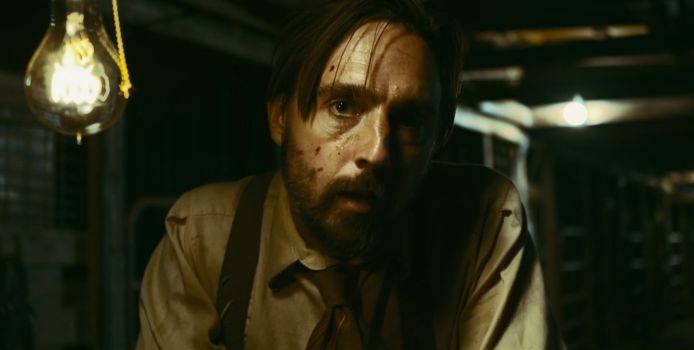
“A Cajun devil hunter goes to the crossroads and meets the devil’s attorney”. The compelling summary of Chasseur had me hooked before I even started watching, let alone the mesmerising central performance from the film’s writer and director, Christopher Soren Kelly. An unconventional structure, perhaps, but a successful one.

I was having a conversation recently with a friend who complained about how he gets annoyed when he sees child celebrities, as “they’ve already achieved more in life than I ever will and they are younger than me!” As a recent university graduate, without a firm footing into the grown-up world of work, I’m increasingly empathising with this statement, whilst also increasingly acknowledging how ridiculous it is. Why should I be bothered that people who are more talented than me are going places, just because they are younger?
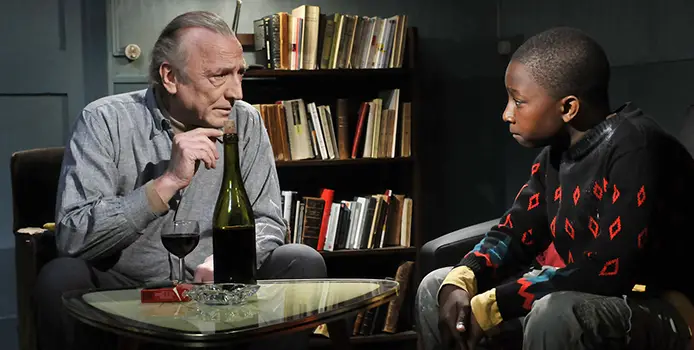
Le Havre (2011) is a still, quiet and dryly hilarious film. It has many of the qualities of a Japanese master like Mizoguchi, but if he had emigrated to a small French port and had been forced to make working class comedies. It focuses on a shoe shiner called Marcel Marx whose wife contracts a seemingly terminal disease.
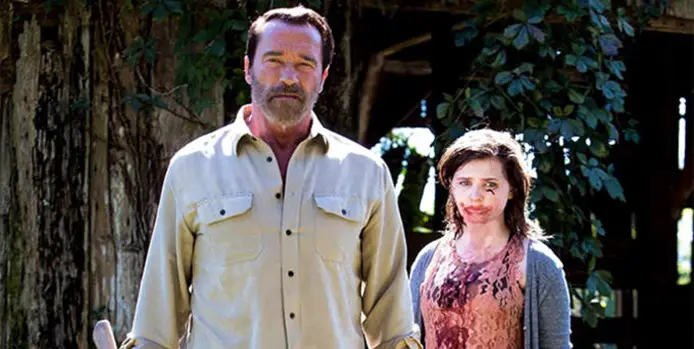
If there is ever a fitting description for Arnold Schwarzenegger’s cinematic persona, then it is this: action film hero. Time and time again, we’ve seen the ex-California Governor’s face adorning several iconic titles, portraying mere mortals (or robots in Terminator’s case) possessing near-superhuman ability, an eye for supersized weapons and a knack for crisp one-liners.


